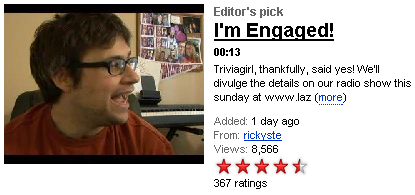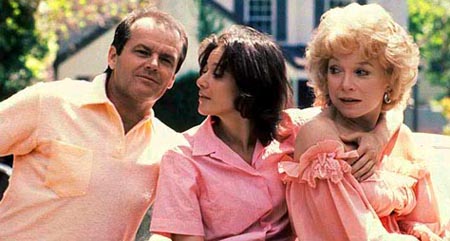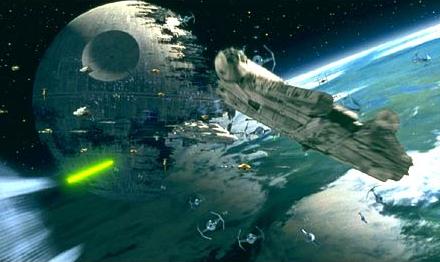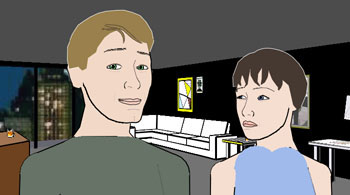m |
m |
||
| Line 56: | Line 56: | ||
So, for the time being, we have a very tough row to hoe. We need to consciously take the hard route and go against the grain if we're going to make games that matter. | So, for the time being, we have a very tough row to hoe. We need to consciously take the hard route and go against the grain if we're going to make games that matter. | ||
<center>[[Image:sims2.jpg|300px]] [[Image:ico-hands.jpg|289px]]</center> | <center>[[Image:sims2.jpg|300px]] [[Image:ico-hands.jpg|289px]]</center> | ||
===Related=== | |||
* Chris Crawford mentions going with the grain when developing games when it comes to making technical design decisions in [http://www.vancouver.wsu.edu/fac/peabody/game-book/Chapter4.html Chapter 4 of The Art of Computer Game Design]. He uses hexgrids versus rectgrids for wargames as an example. | |||
* Rod Humble briefly mentions the concept of a grain to the form, or at least a grain for the process of developing games, in his page for his game [http://www.rodvik.com/rodgames/ The Marriage]. Interestingly, he talks about going with the grain, but his game is about how it feels to be married, which is very far away from my Spacewar example above, which I find interesting. | |||
<references/> | <references/> | ||
Revision as of 03:35, 26 May 2007
I think art forms have a grain, much like a piece of wood. Going with this grain when making works in the form is easy, and going against the grain is hard.
Unfortunately for those of us who want games to earn a place in the pantheon of important and emotionally compelling art and entertainment forms—alongside film, literature, music, and visual art—I think the grain of games and interactivity is in some sense running the wrong way; it leads us away from this goal.
What do I mean?
Film
What's the easiest film to make?
It's pretty obvious when you think about it: you stick a camera in a room, and you or your friends sit down in front of it. And you talk to each other or the camera.
The most important characteristic of the resulting footage is that it's about people, and because you are not a beautiful and unique snowflake, it most likely covers issues about which everybody else who might watch it can relate and empathize. It's drama, or maybe comedy, and it probably speaks to the human condition (poorly, if you believe Sturgeon's Law, but no matter).
What's the hardest film to make?
Again, an easy answer: it's probably something with tons of special effects about spaceships and aliens and explosions, happening on distant planets. You need to hire Industrial Light and Magic to make this movie, and they're expensive.
Games
What's the easiest game to make?
This answer too is obvious: you draw two triangles on the screen and let the player move one of them around, and then if the player pushes a button, you draw a dot that comes out of the front of his triangle. If the player's dot touches the other triangle, that triangle disappears and the player wins.
What's the hardest game to make?
A game where the core interactivity is about a bunch of normal people sitting in a room talking about emotionally deep things is incredibly difficult to make at all[1], and currently completely impossible to make in such a way that the interactivity is deeply emotionally compelling, in my opinion[2].
Going Against The Grain
If you buy this argument, it was basically inevitable that film would become an important art and entertainment form: it is relatively easy to make movies that matter to people.
By contrast, the exact opposite is true of games. It's quite easy with games to appeal to the tried and true power fantasy, frustration, and exploration, but getting people to experience deeper emotions via interactivity (as opposed to merely in cut scenes) is just incredibly hard, and we don't really know how to do it right now. Worse yet, people don't work on it as much as they should because it is actually difficult to work on. In other words, not only do we have the challenges that all art forms face of making something truly meaningful, but just making something that could be meaningful is hard in our form. The very act of making it is more painful, because our grain keeps pushing us back towards putting a gun at the bottom of the screen and a score at the top.
According to Scott McCloud, comics went through a very similar phase when color printing first appeared, and it basically screwed them for 50 years.
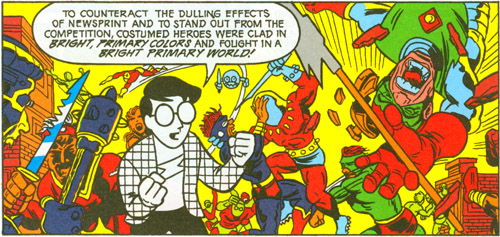
Are we doomed?
Whether all this means we're doomed to fail at getting into the aforementioned pantheon depends a lot on what we as developers do every day. Some people hope that "middleware" will save the day, by abstracting away all the difficult stuff, and basically changing the direction of the grain. I think that's possible in the very long run, but for the next 10 to 20 years we need to be discovering the building blocks of interactivity that will let us communicate with players on an emotional level. There will of course be some bits of the problem that can be wrapped and lifted up to a higher level, like some rendering and physics, but the core algorithms of the game will need to be custom to explore this new ground, because those algorithms are the interactivity and the gameplay, as I will write about in another article.
So, for the time being, we have a very tough row to hoe. We need to consciously take the hard route and go against the grain if we're going to make games that matter.
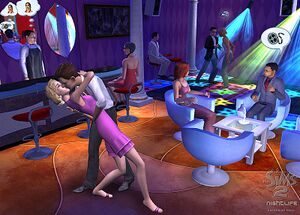
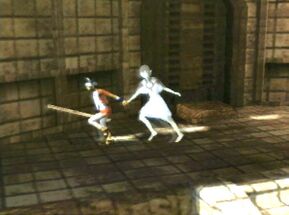
Related
- Chris Crawford mentions going with the grain when developing games when it comes to making technical design decisions in Chapter 4 of The Art of Computer Game Design. He uses hexgrids versus rectgrids for wargames as an example.
- Rod Humble briefly mentions the concept of a grain to the form, or at least a grain for the process of developing games, in his page for his game The Marriage. Interestingly, he talks about going with the grain, but his game is about how it feels to be married, which is very far away from my Spacewar example above, which I find interesting.
- ↑ See Andrew Stern's Post Release Comments about Façade.
- ↑ I think Façade was a noble failure. It is really truly great that they tried, but I don't think it succeeded in being emotionally compelling. I'll write about it in detail at some point




